Propose 2 deduction packages for taxpayers to choose from
In the summary of opinions, acceptance and explanation of comments on the draft Law on Personal Income Tax (PIT) (amended), the Government Office proposed to design two family deduction packages (GTGC) so that taxpayers can choose the most suitable and beneficial option. First, the standard GTGC package as proposed in the draft law. Second, the expanded GTGC package includes deductions for taxpayers and dependents so that they can live, work, study and live normally; this part may include basic medical and educational expenses. This deduction level may be lower than the standard GTGC package because it does not include accommodation costs and travel costs for work (depending on whether these costs have been calculated or not). The Government Office basically explained that the above expenses all have full invoices and documents and they have paid value added tax, so it will be very convenient for self-declaration of taxes.
How are countries in the region calculating personal income tax?
Sharing the same view, the Joint Stock Commercial Bank for Foreign Trade of Vietnam ( Vietcombank ) proposed to add deductible expenses to be interest on loans from credit institutions to pay for medical needs, education and training, and social housing purchases. Because in reality, to pay for education and health, individuals may have to borrow money from credit institutions and incur interest. This is a real expense that needs to be deducted to accurately reflect net income, reducing financial pressure on people. In particular, deducting interest on loans to buy social housing helps increase housing access for low-income people, in line with the policy of "continuing to actively implement loans to support social housing" in Resolution No. 161/2024 of the National Assembly.
- People working at Tax Department 3, Ho Chi Minh City. PHOTO: NHAT THINH
According to the Ho Chi Minh City Tax Consultants and Tax Agents Association, basically all opinions highly appreciate the humanity of this policy when the draft law allows deductions for medical expenses, education and training of taxpayers and dependents and assigns the Government to provide detailed instructions. In addition to the above expenses, it is necessary to expand and apply to rental expenses and some other necessary expenses of taxpayers. Similarly, the National Assembly Delegation of Phu Tho province proposed to study and expand some special additional deductions, such as loan interest or rental (for those who have to borrow from credit institutions to buy a house for the first time or rent a house when they do not have a house)...
Allow deduction of rental expenses, home loan interest
It can be seen that there are many recommendations for the drafting agency of the Personal Income Tax Law to expand the deduction of loan interest for home purchase or rental costs. Vietnam LAWS Consulting Co., Ltd. emphasizes that the draft adding deductions for education and health care costs is a big step forward, demonstrating the state's sharing with the essential burdens of the people. However, one of the biggest and longest-lasting financial burdens for young families is the interest expense to own the first home. "Settling down" is the premise of "settling down" and then moving on to "starting a business". Owning a home is the foundation for people to stabilize their lives, work with peace of mind, contribute and raise future generations. Therefore, the company recommends adding to the deductible items when calculating personal income tax the interest expense paid to credit institutions when buying social housing or the first and only commercial house. There needs to be a strict control mechanism (e.g. confirmation from banks and land registration agencies through the use of easy electronic identification codes) to ensure that the policy is applied to the right subjects and to avoid profiteering. This is a policy that has been successfully applied by many countries to support social security and promote healthy real estate market development.
Medical expenses should be allowed to be deducted with valid and reasonable documents. Photo: Nhat Thinh
Sharing the same opinion, Dr. Nguyen Ngoc Tu, a lecturer at the Hanoi University of Business and Technology, said that the current Personal Income Tax Law stipulates a VAT rate and also exempts people with serious illnesses from tax, but does not define what constitutes a serious illness. The bill to add deductions for tuition and medical fees is a step forward. In addition, there are two other types of expenses that should be included: housing and transportation. These are two basic rights in human life and are also related to income generation. For example, a 22-23 year old student who graduates and starts working without parental support will take about 10 years, that is, after 30 years old, to save enough to buy a house. In the case of a new home buyer who has saved a part of the principal, the rest is borrowed from the bank to buy, the principal and interest, this amount should also be deducted before calculating taxable income. In addition, for workers who cannot afford to buy a house or rent a house, the rental cost should also be excluded when calculating taxes. In addition, transportation is also an expense incurred in daily life that taxpayers pay. Here, the drafting committee should include transportation costs before calculating taxable income, which can be calculated at a fixed amount or calculated as a percentage of taxable income.
"There are four basic human expenses such as education, healthcare, housing, and travel that need to be deducted before calculating personal income tax. These expenses must be accompanied by invoices and documents. This is also the reason why consumers are encouraged to receive invoices when using goods and services. When receiving invoices and documents brings benefits to employees such as tax deductions, they will ask the seller to provide them. This also helps the business environment to be clearer and more transparent, goods have a clear origin, and businesses cannot avoid taxes when reducing revenue," said Mr. Nguyen Ngoc Tu.
Similarly, lawyer Nguyen Duc Nghia, Deputy Director of the Center for Supporting Small and Medium Enterprises, Ho Chi Minh City Business Association, proposed considering allowing deductions for housing rental costs or interest on first-time home loans in addition to medical and education expenses because this is a huge burden for many families. This regulation will also meet the needs of families to settle down. It is possible to stipulate a maximum loan amount, for example, deducting interest on a maximum outstanding debt of 1 billion VND. This is also consistent with the goal of encouraging the development of the housing market that the Government is implementing. Particularly for medical and education expenses, it is necessary to consider allowing deductions at an appropriate level. For example, regarding medical expenses, there are families who have to treat serious illnesses and use special drugs prescribed by doctors, which are usually very large and can last for many years.
Comprehensive reform towards advanced tax policy
Dr. Do Thien Anh Tuan, Fulbright School of Public Policy and Management, Vietnam, emphasized that essential expenses include tuition fees, voluntary insurance, or "family" expenses such as pregnant women, childbirth, caring for sick elderly people, etc. In fact, many countries have allowed deductions for these expenses because they reflect the real financial capacity after people cover essential needs or need to be encouraged (such as education, insurance). For example, a person with an income of 20 million VND/month but has to spend 8 million VND on preschool tuition for their child and hospital fees for their elderly mother, the remaining amount for actual spending is only equivalent to a person with an income of 12 million. The government can set a ceiling, such as a maximum of 30% of taxable income, for people to deduct essential expenses, while ensuring management of the risk of budget loss.
More importantly, Mr. Anh Tuan said that in this revision of the Personal Income Tax Law, there are some important provisions that need to be changed. That is, adjusting the tax table according to the new income level (corresponding to the new personal income tax level); adjusting the inflation rate annually and re-evaluating every 5 years. At the same time, the personal income tax threshold needs to be applied to 4 regions based on the standard of living; allowing deductions for essential expenses including education and training, health care, insurance and finally partially decentralizing tax policy design to localities. A good tax system not only collects correctly but also provides the right support, encourages correctly and regulates correctly. If this reform is implemented thoroughly, personal income tax will not only bring real fairness to the people but also be a big step forward in improving the national fiscal potential.
The personal income tax policy, when allowing deductions for actual expenses, is both easy to apply and encourages consumers to spend to contribute to promoting economic development. At the same time, young families will also boldly have children because raising a child is very expensive. Encouraging birth is currently a major national issue and Vietnam also needs to implement this policy. If personal income tax does not extend to deductions for essential expenses, the VAT rate for taxpayers and dependents must be raised much higher than it is now to ensure the taxpayer's livelihood.
Attorney Tran Xoa
Tax expert and lawyer Tran Xoa emphasized: The principle of personal income tax is to allow deductions for essential expenses in an individual's life, including food, clothing, housing, travel, and even cultural and entertainment needs. There are types of expenses that can be freely deducted according to reasonable and valid actual documents, but with conditions. For example, medical expenses will be allowed to be deducted in all cases, but they are prescribed by a doctor and not services on demand. Meanwhile, education and training expenses, because there are many types of schools and many different needs, can control the ceiling amount that can be deducted before calculating personal income tax.
Mr. Tran Xoa analyzed: "Many people often compare the 35% tax rate of Vietnam to the 40-45% rate of some countries. However, this comparison is not true in nature. In many countries, taxpayers are deducted most of the actual consumption expenses with invoices (such as rent, travel, food, etc.). The remaining income after deducting all expenses, that is, the savings, is taxed. Therefore, even though their tax rate is high, the actual tax paid is reasonable. Therefore, the Government should move towards an advanced personal income tax policy like many countries, which is to allow deductions for essential expenses in people's lives and only tax the remaining income."
"The personal income tax policy, when allowing deductions for actual expenses, is both easy to apply and encourages consumers to spend to contribute to promoting economic development. At the same time, young families will also boldly have children because raising a child is very expensive. Encouraging birth is currently a major national issue and Vietnam also needs to implement this policy. If personal income tax does not extend to deductions for essential expenses, the VAT rate for taxpayers and dependents must be raised much higher than now to ensure the taxpayer's livelihood," lawyer Tran Xoa added.
Ensuring fairness for taxpayers
The reduction in tax revenue is not a loss of revenue but a sharing by the state with taxpayers. More than 10 years ago, the proportion of personal income tax in total budget revenue was only 1-2%, but now it has increased to 10%. With the policy changes as proposed in the draft, who knows, the proportion of this tax in budget revenue will increase to 20% in the coming years when the economy grows by double digits, which means that people's lives and incomes will also increase. Adjusting reasonable and sensible regulations does not mean a loss of revenue but ensures fairness for taxpayers. Currently, businesses are allowed to deduct expenses before determining taxable income, and businesses with losses also have a policy of transferring losses to the following years. Taxpayers, or dependents, need to deduct these expenses before calculating taxable income.
Dr. Nguyen Ngoc Tu , lecturer at Hanoi University of Business and Technology
Personal income tax reform needs to be more comprehensive
The current level of GTGC is applied evenly across the country, despite the large differences in living costs between regions. Although it is called GTGC, it does not actually reflect the true family circumstances. While the wage policy has divided the minimum wage into 4 regions, the personal income tax is still equal. People in Ho Chi Minh City or Hanoi - where housing prices, tuition fees, and food are all high - are only entitled to the same deductions as people in remote areas. This makes the personal income tax distorted and unrealistic. Reforming the personal income tax cannot just revolve around a few deductions. A new, more comprehensive approach is needed, taking into account regional differences, changes over time, spending characteristics, and the increasingly important role of local governments.
Dr. Do Thien Anh Tuan , Fulbright School of Public Policy and Management Vietnam
Source: https://thanhnien.vn/gop-y-du-an-luat-thue-tncn-sua-doi-de-xuat-mo-rong-giam-tru-chi-phi-thiet-yeu-185250924232706625.htm


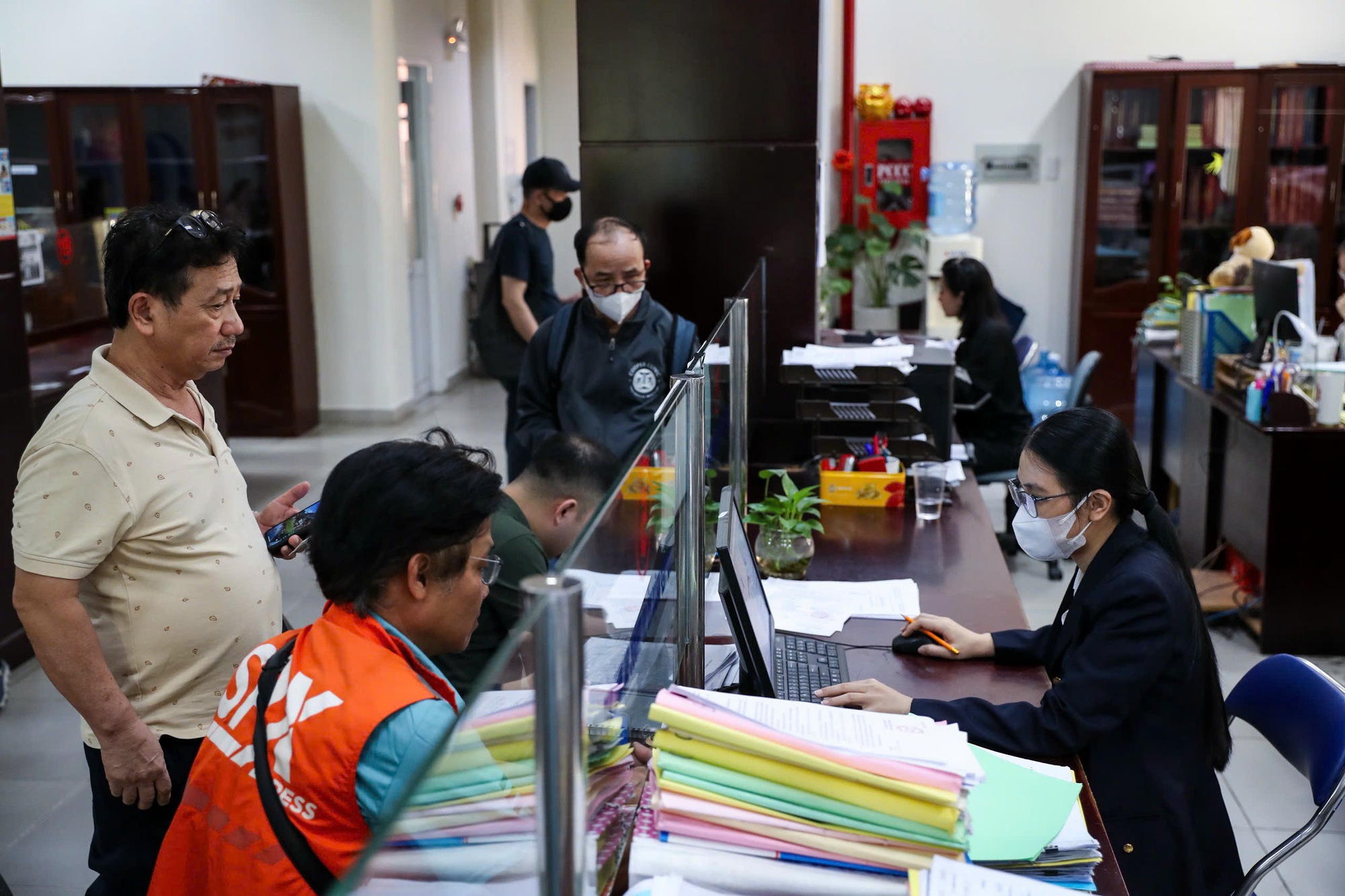
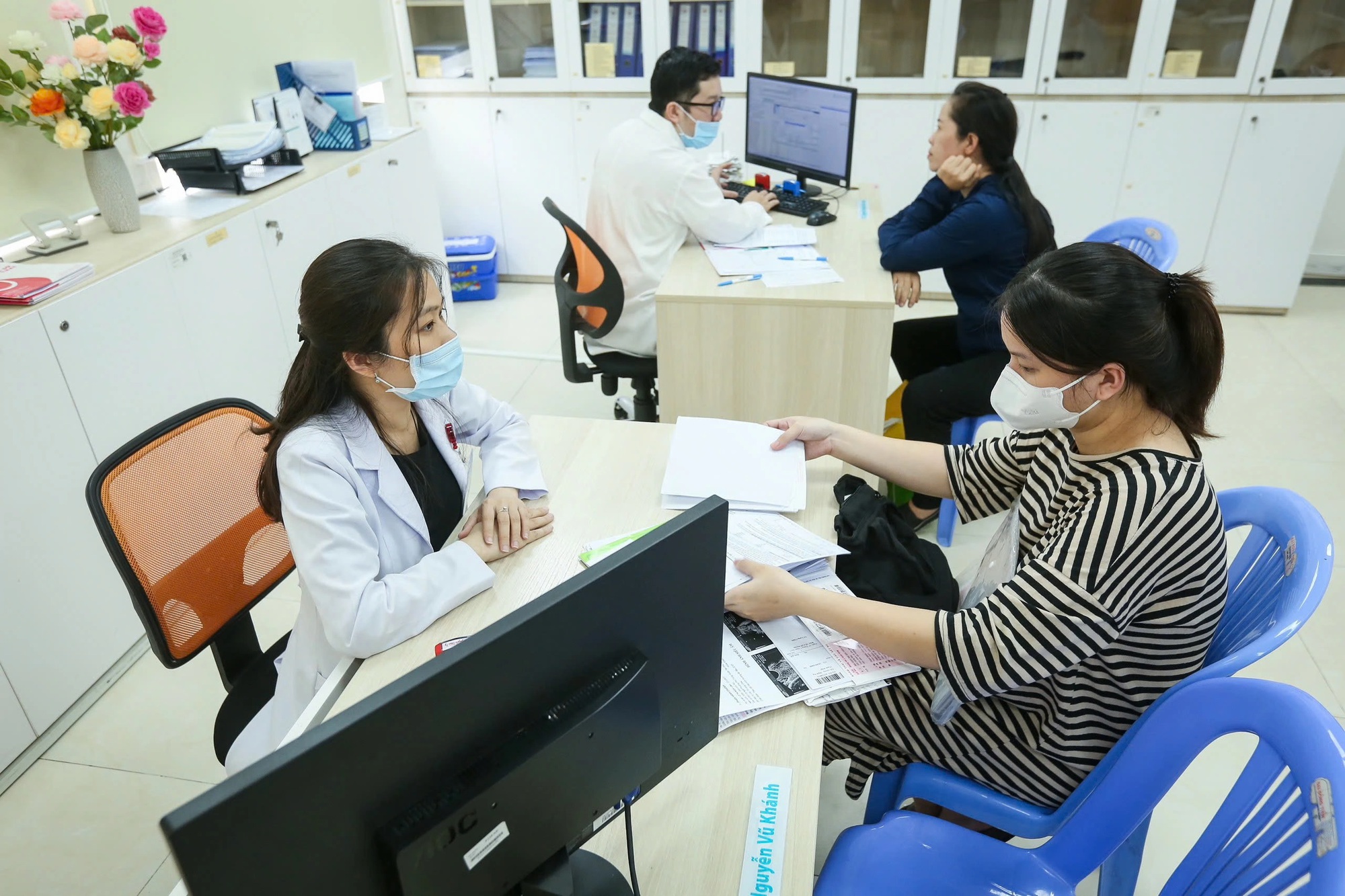



![[Photo] National Assembly Chairman Tran Thanh Man attends the inauguration ceremony of the Memorial Site of National Assembly Standing Committee Chairman Bui Bang Doan](https://vphoto.vietnam.vn/thumb/1200x675/vietnam/resource/IMAGE/2025/9/28/6feba23492d14b03b05445dd9f1dba88)




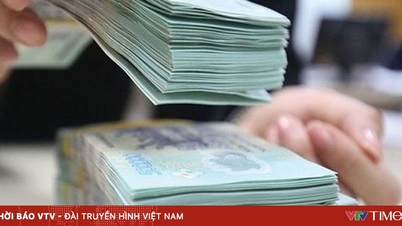














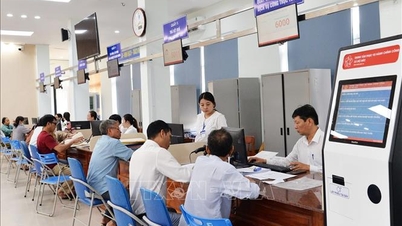





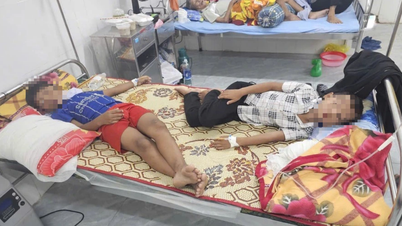




























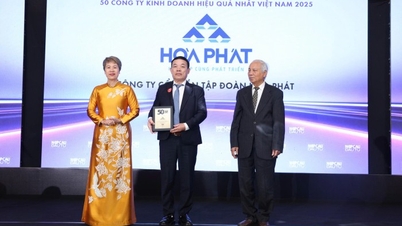























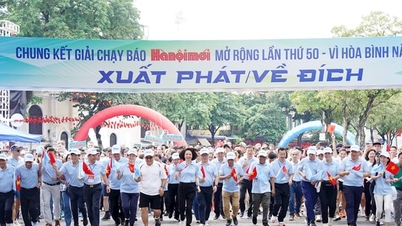













Comment (0)